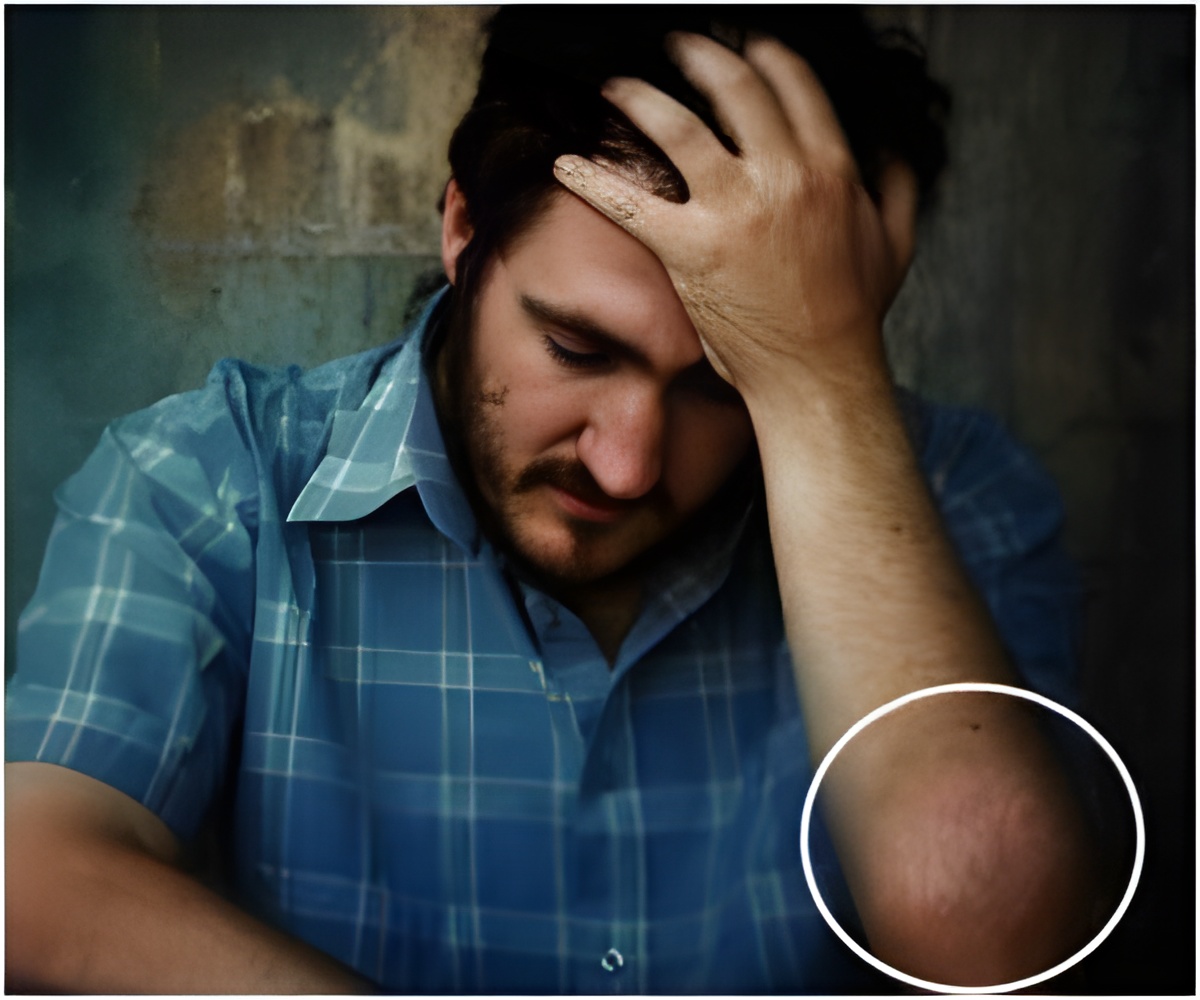Psoriasis affected patients are mostly neglected by physicians which may lead to more severe affliction and spread of the disease.

‘Despite psoriasis being a well-known disease, a striking proportion of patients remain undertreated.’
Read More..




Over half of patients (56%) with more than 20% of body surface area being covered by psoriasis expressed that they are not currently visiting a physician to help with the treatment of their condition, indicating that doctors invest too little time into patients, are not interested in the disease and are not well informed. Half of those prescribed drugs communicated that they do not help treat their condition (49%) or have too many side effects (29%).Read More..
Almost 9 in ten of the patients in the study suffered from plaques (patches of rough, red skin that are caused by skin cells reproducing too quickly), with the head and elbows being the most commonly affected areas. The condition is reported to have greater severity and a greater impact on the quality of life measures when it affects the anal and genital regions.
Psoriasis is a common, noncommunicable skin disease with at least 100 million individuals affected worldwide. The cause of psoriasis is currently unknown, but research shows that the immune system and genetics play a major part in the development of the condition.
"Despite psoriasis being a well-known disease, a striking proportion of patients remain undertreated," commented lead researcher Maximilian Schielein. "Taking more time and finding an appropriate treatment for unsatisfied patients must be addressed to fulfill their needs. In addition, we must not neglect the patients who are dissatisfied with their current treatment and have given up seeking professional help. Reaching out to these patients is essential, and healthcare professionals have a duty of care to ensure that everyone with psoriasis receives optimal care."
Anxiety in psoriasis patients
Advertisement
- 33% had high levels of anxiety
- 44% had average levels of anxiety
- 23% had lower levels of anxiety
Advertisement
Source-Eurekalert













